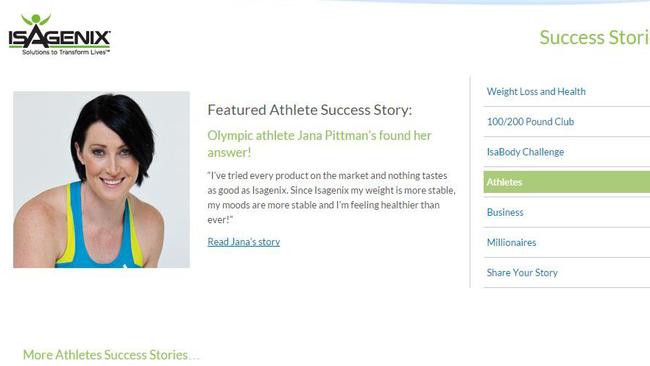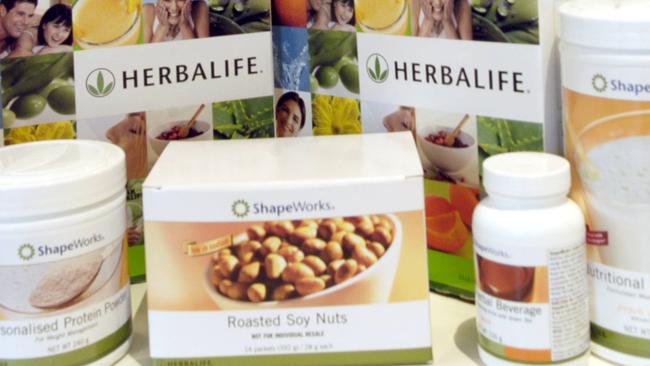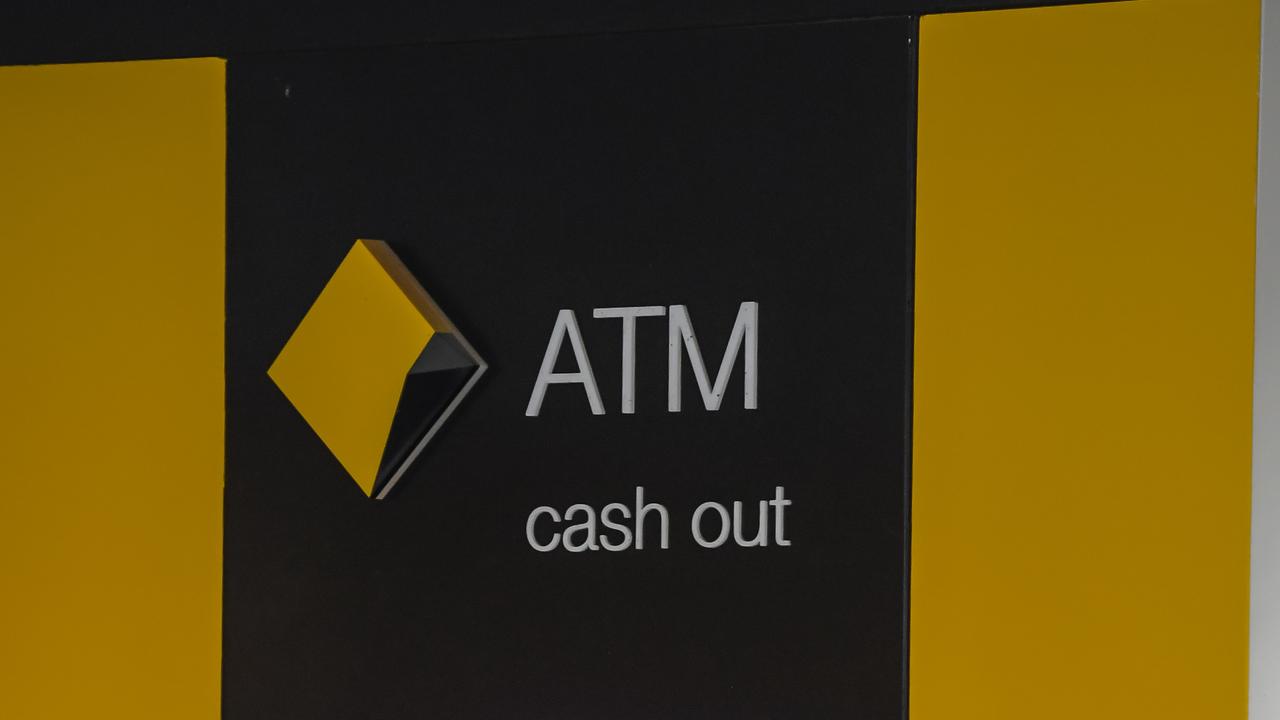OPINION: Don’t mention the ‘P’ word
HERE we go again. Another p— sorry, “multi-level marketing” scheme, convincing people they’ll get rich by flogging crap to their friends and acquaintances.
HERE we go again.
Another p— sorry, “multi-level marketing” scheme convincing people they’ll get rich by flogging — what is it this time? Protein powder? Makeup? Toilet rolls? — to their friends and acquaintances.
US weight-loss company Isagenix was slammed by Consumer group Choice this week for allowing unqualified operatives to spruik its products and provide diet advice while recruiting new sellers into the scheme.
Multi-level marketing, network marketing, direct selling, call it what you will. Whatever you do, don’t mention the ‘P’ word. You wouldn’t want to get sued.
ASPIRE LOYALTY SCHEME UNDER INVESTIGATION
LYONESS TAKEN TO COURT BY CONSUMER WATCHDOG
MLM companies like Amway, Avon, Herbalife and Isagenix present themselves as legitimate business opportunities. Maybe, but that depends on your definition. Of all three words.
Yes, multi-level marketing is technically legal. But — and this is my opinion, so feel free to tell me why I’m wrong in the comments below — that doesn’t make it a good investment, either of your time or money.
These companies lure people with big promises (“Be your own boss! Work from home! Make passive income!”) that almost never eventuate.
It sounds great: using your network of friends and acquaintances to sell products that people want. Win-win. But as Robert L. Fitzpatrick, author of False Profits, says, the reality of MLM recruiting is, on the whole, “disruptive and destructive”.
“At best it is awkward, annoying and manipulative. It could not be otherwise since it is based upon commercialising and exploiting relationships of love and trust, the so-called ‘warm list’ for recruiting,” he writes on his blog.

“With a 99 per cent failure rate, it is inevitable and understandable that recruiting friends, families and neighbours into such losing propositions leads, almost universally, to rancour, alienation and the loss of trust. Divorces are a common outcome.”
Yet, he goes on to note, the private language of multi-level marketing — “network” marketing, “relationship” selling, “personal” referrals — disguises its true nature. “Such terms indicate cooperation, mutual support and a smooth blending of commercial and non-commercial values — the opposite of what actually occurs.
“MLM is, in fact, the only business on earth based entirely upon the commercialisation of personal relations, a fundamental contradiction that obviously could not work.”
Gerard Brody, chief executive of the Consumer Action Law Centre in Melbourne, warns consumers to be very wary of multi-level marketing schemes. “They tend to overpromise what they deliver, even potentially mislead people about the sorts of income generation they can obtain,” he says.
“Our concern is that they can target some pretty vulnerable people, maybe low income earners but also those potentially easily persuaded by pressure sales or marketing claims.”
Many employ psychological techniques to encourage an in-group, out-group mentality, not unlike a cult. “They encourage a sort of family or team-like atmosphere, so people tend to think they’re getting something out of it beyond the business outcomes that it’s delivering,” Mr Brody says.
AN INDUSTRY IN CHANGE
Of course, like any industry, there is good and bad to be found.
The Direct Selling Association of Australia, the peak body which represents around 70 companies including those mentioned above, is working to reform an industry long plagued by these “reputational issues”, as it puts it.
DSAA chief executive John Holloway is candid in acknowledging there have been problems in the past. “You’re quite entitled to make the observations you’ve made, and when you look at some companies from past experience — and I’m including DSAA members — you may be entitled to draw those conclusions,” he says.
But the industry is changing. The old stereotypes no longer apply, and for every negative experience, there are many positive ones, Mr Holloway says. First and foremost, actual network marketing now represents just a part of a bigger picture for these companies.
“They use an increasingly omnichannel presence, so not just direct selling but other aspects of retailing such as distance selling and online selling. The entire channel is changing.”

A December 2013 report by Deloitte Access Economics, commissioned by the DSAA, estimated that there were around 478,000 “independent sales people” associated with direct-selling organisations.
Roughly 250,000 were considered ‘active’, defined as having made a sale within the prior three months. Of those, 32,000 worked nine hours per week, and 7,700 worked 37.5 hours per week. Overall, Deloitte estimated the total economic contribution of the direct selling industry at $1.165 billion for 2012.
“We’ve got a good message to sell, but we’re also realistic in knowing there are excesses out there, certainly they are out there,” says Mr Holloway.
The DSAA maintains very strict membership standards, he says, to avoid any suggestion of the ‘P’ word. So what are the red flags?
“If there’s a high cost of joining — what are you getting for your money? What representations are being made about earning potential? What, realistically, are the prospects of success? Direct selling is not unlike any other small business. You only get out what you put in.”
But at the end of the day, Mr Holloway says, it has to be a “real, quality product, competitively priced”, that people will actually want to buy.
Fair enough. But personally, I’ll just wait to get it at Woolies.




